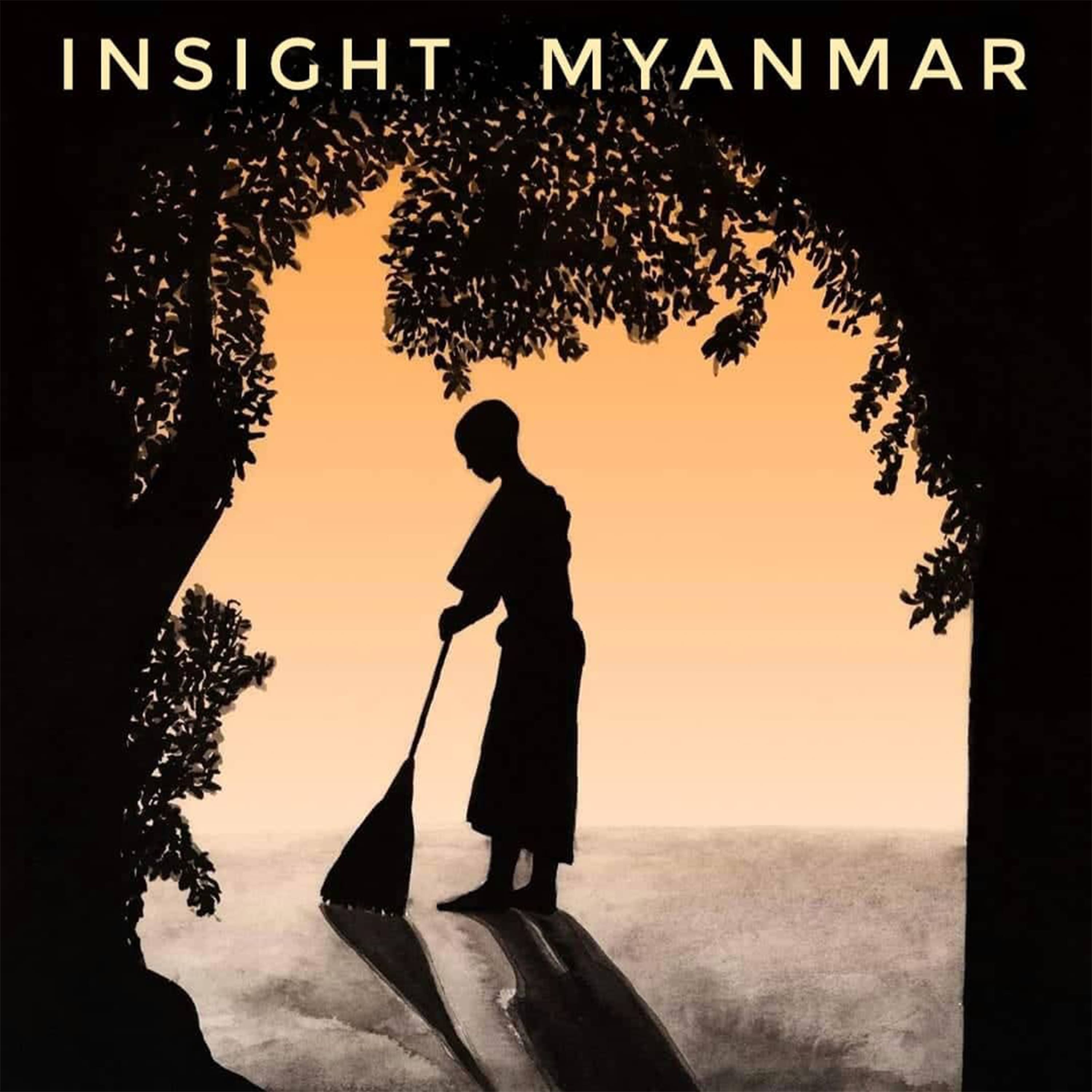The Dark Side of Teak
Episode #182: “If you're a millionaire, or a billionaire, you want the best,” says Timo Schober, a German-based journalist who works at Papertrail Media, “and the best is natural grown teak [from Myanmar]...And that's what is driving the demand.”Schober joins the conversation along with Shirsho Dasgupta, an investigative reporter for the Miami Herald. They talk about the decimation of Burma’s once vast forest lands which started during colonial times, and today is just 40% of what it once was.
After the military coup in 2021, the US imposed sanctions on Myanmar Timber Enterprises (MTE), a military-linked corporation controlling the teak trade. Following a leak from Myanmar’s tax department, the International Consortium of Investigative Journalists (ICIJ) collaborated with 39 media outlets to investigate teak exports and potential sanctions evasion, and their work is the subject of this episode.
The international demand for high-quality teak remains strong, particularly among the ultra-rich. At least $400 million worth of teak has been exported since the coup, mainly to European and American markets.
Traders argue that they don't buy directly from MTE but through private companies, and therefore their teak trade is legal. This creates complexities for customs officers in enforcing sanctions. Additionally, others believe their actions are legal as they bought teak before the sanctions, though officials state that the date of purchase does not exempt them.
At the end of the day, Dasgupta reminds listeners that it comes back to finding a way to speak directly to the consumer about this murky business, as a way to discourage any involvement in teak. “A lot of luxury products that we covered, they do lead to conflict and the destruction of the environment, and we should keep in mind that even if we're not buying teak, we might be complicit in in other ways when we buy

